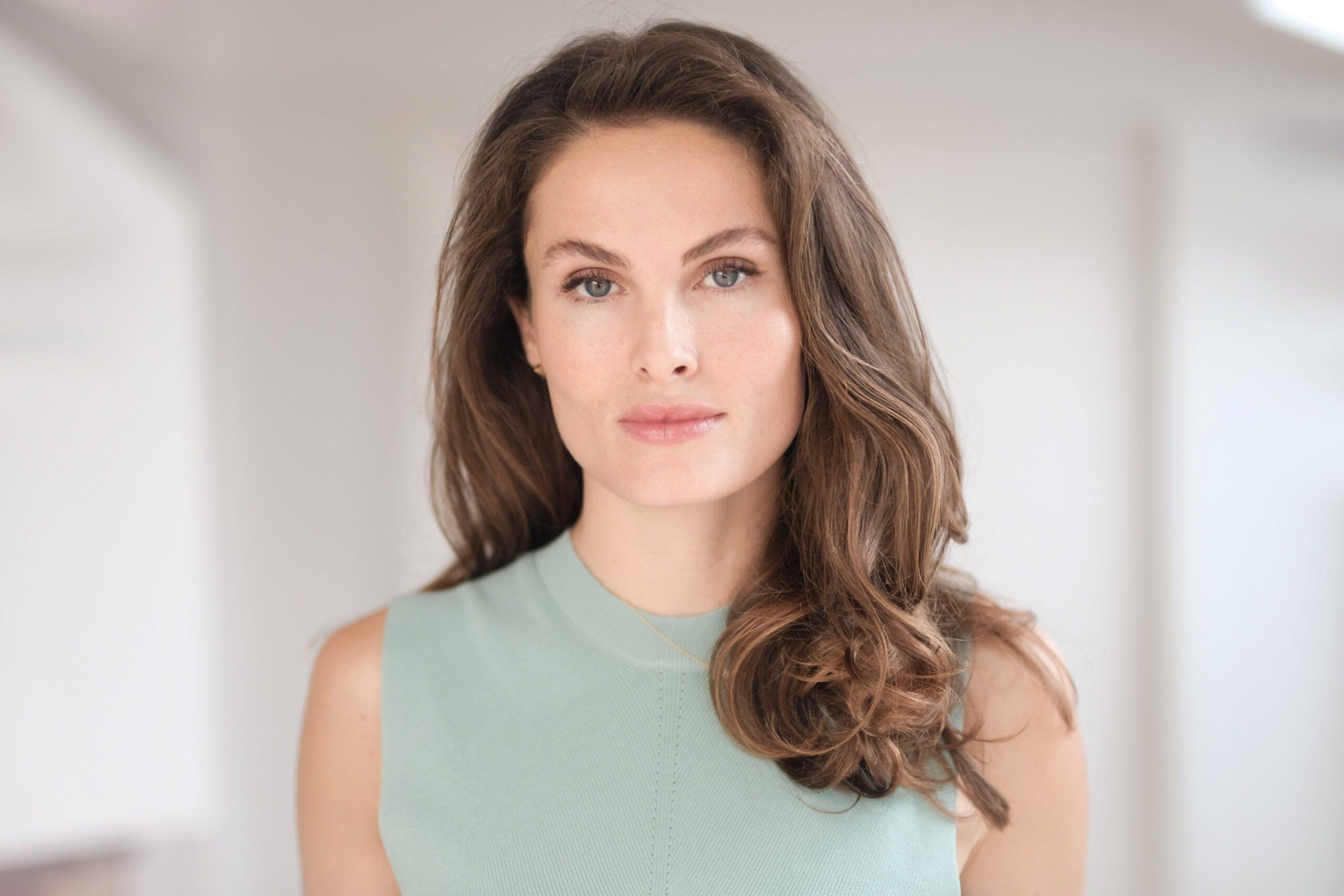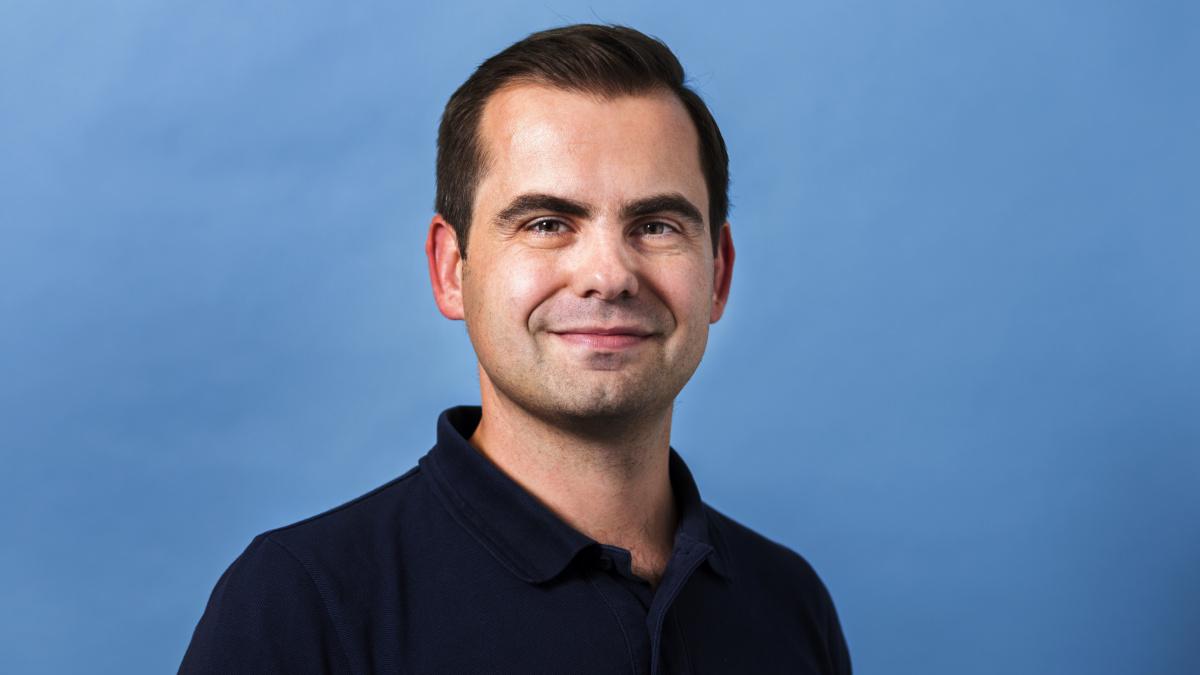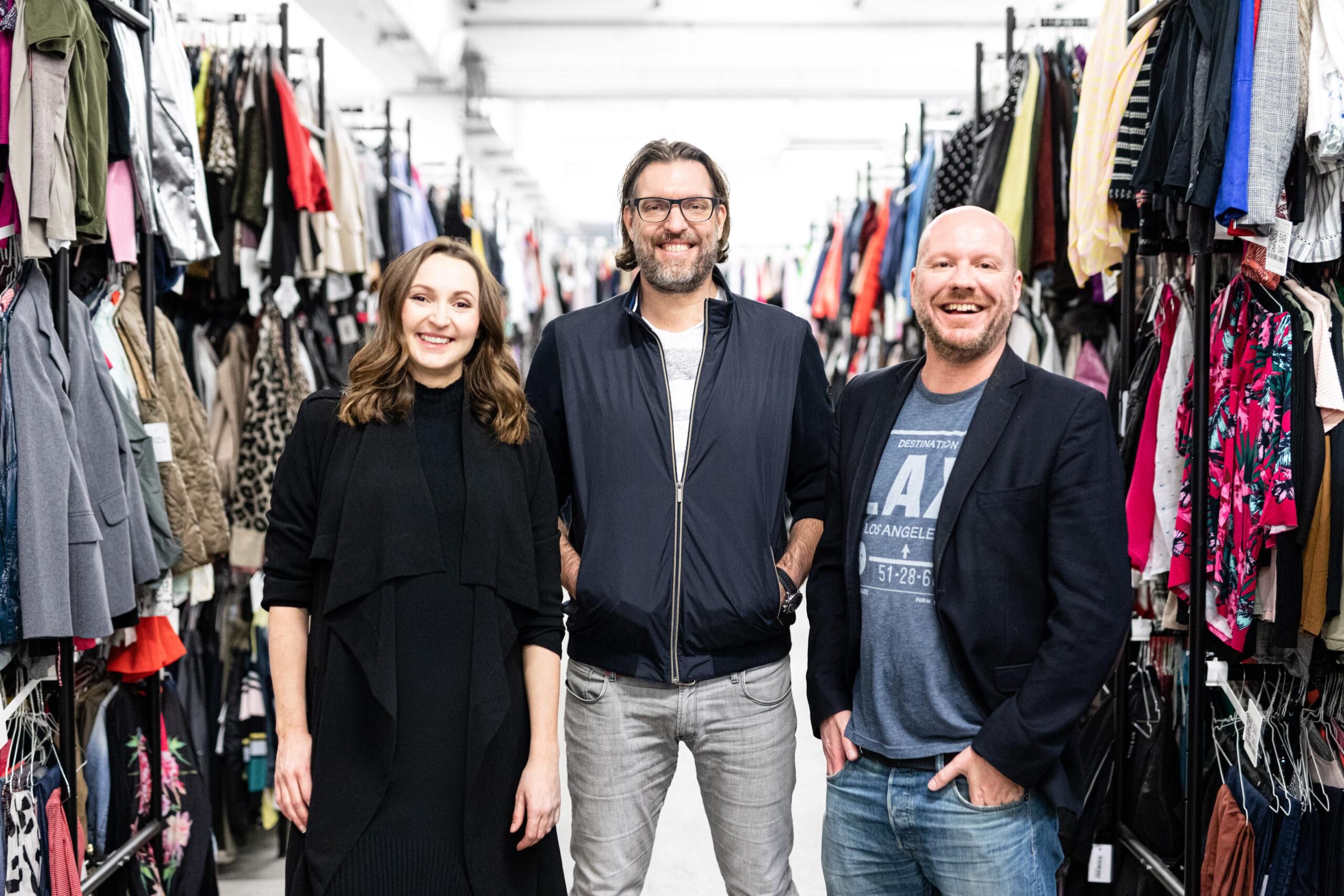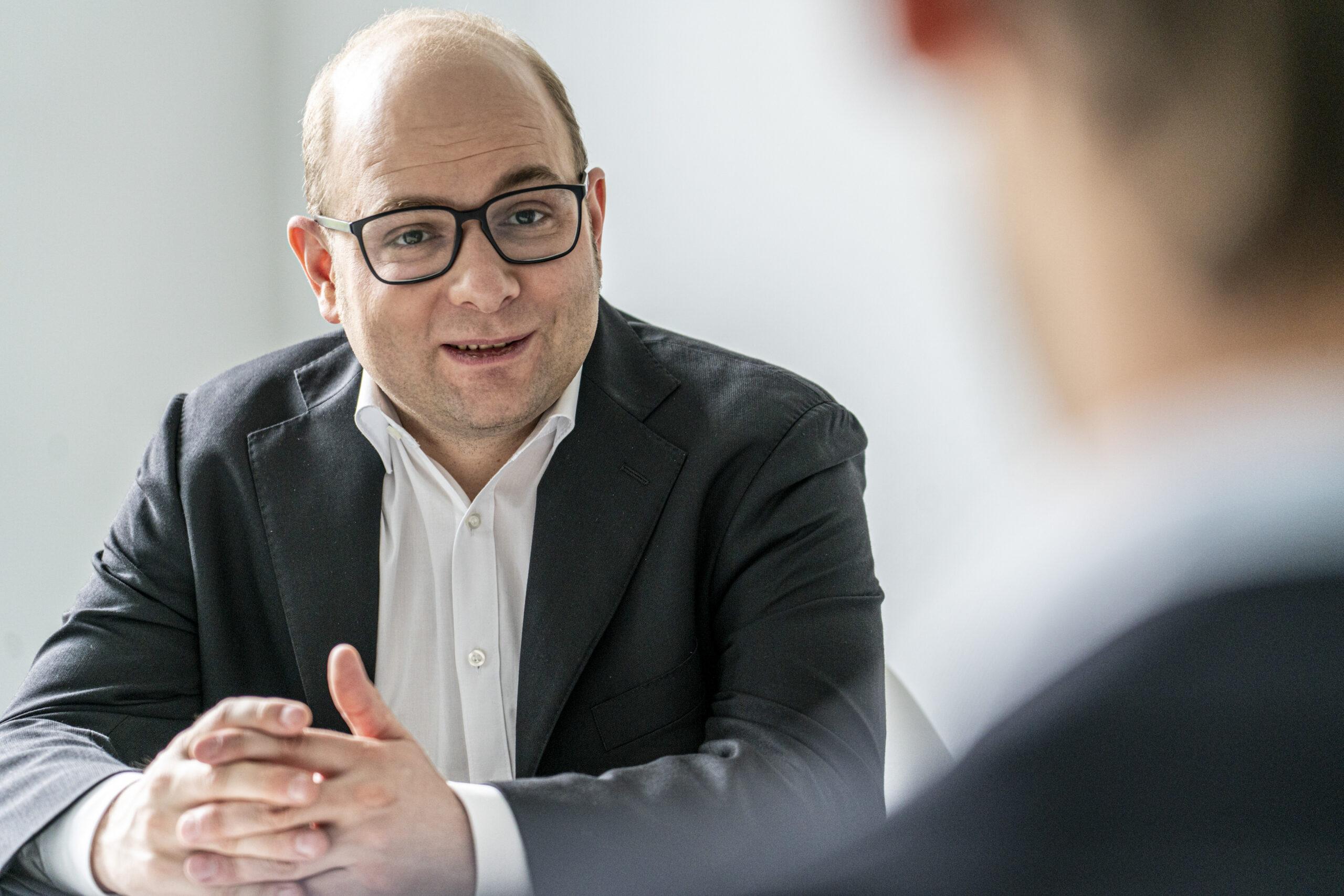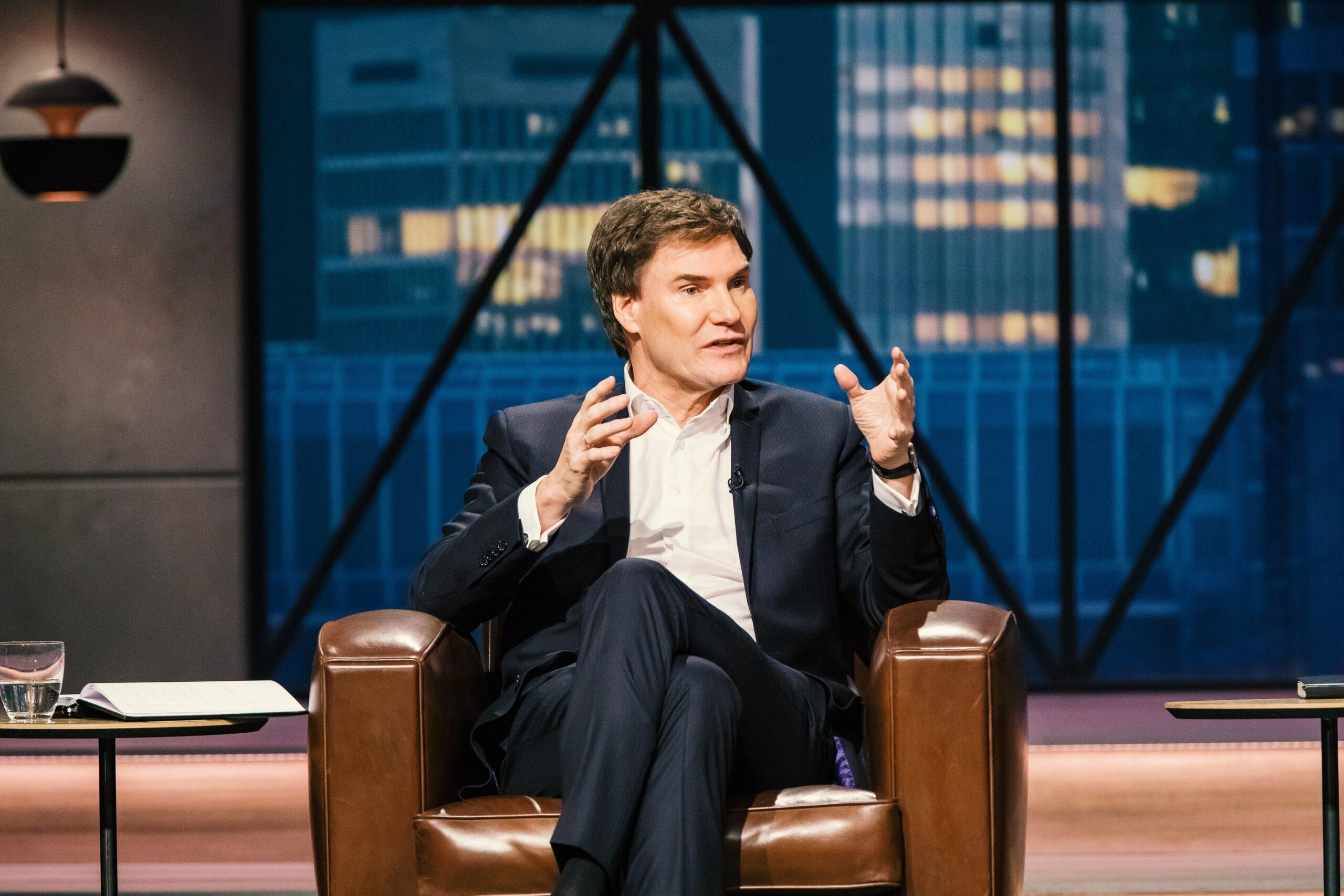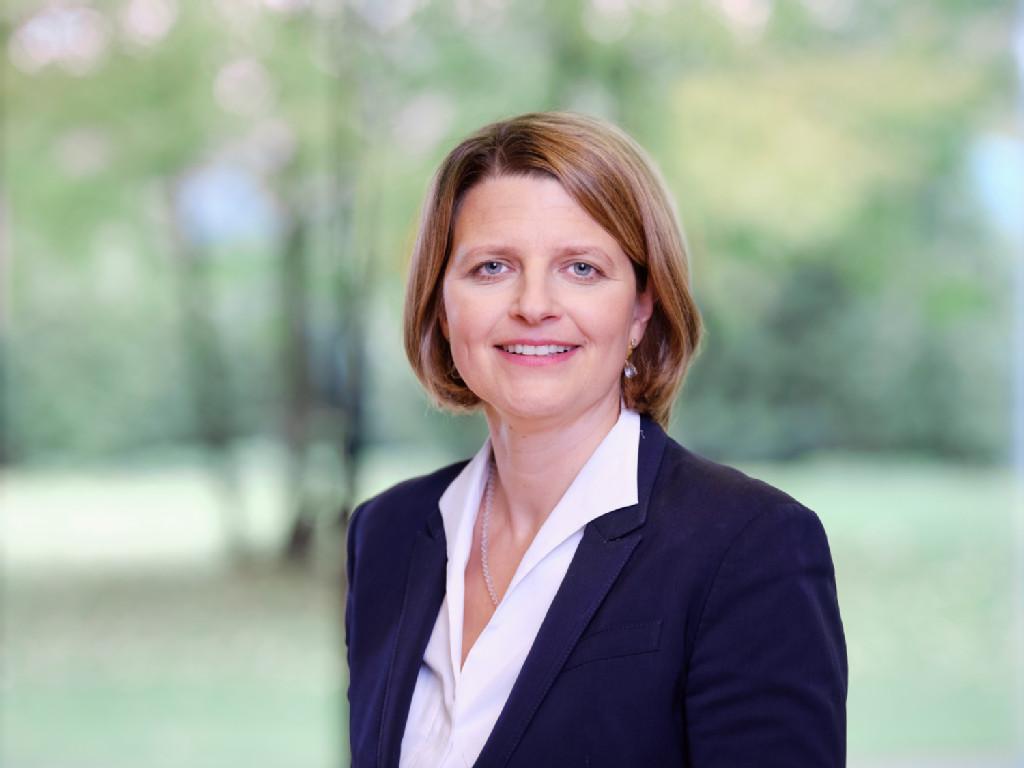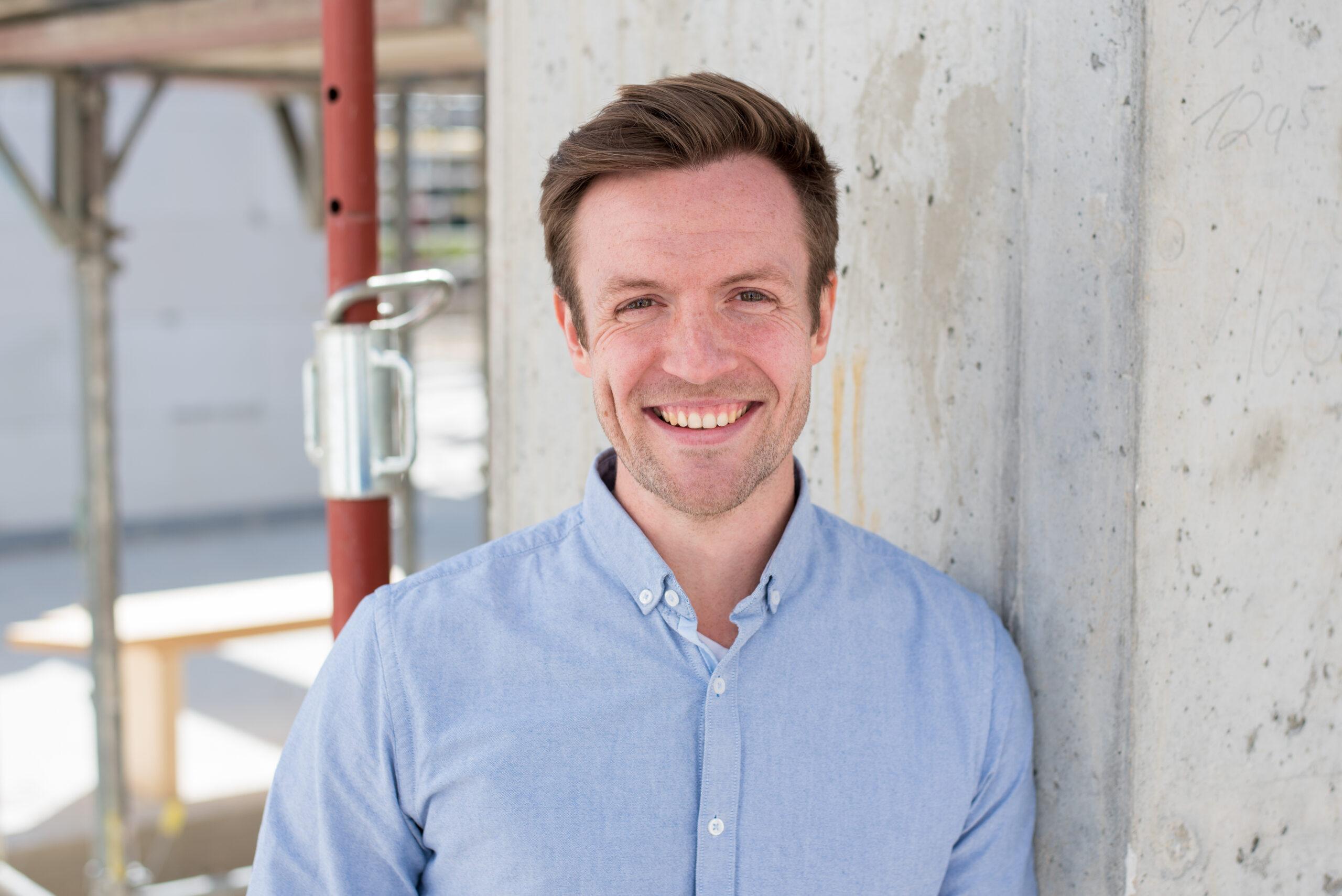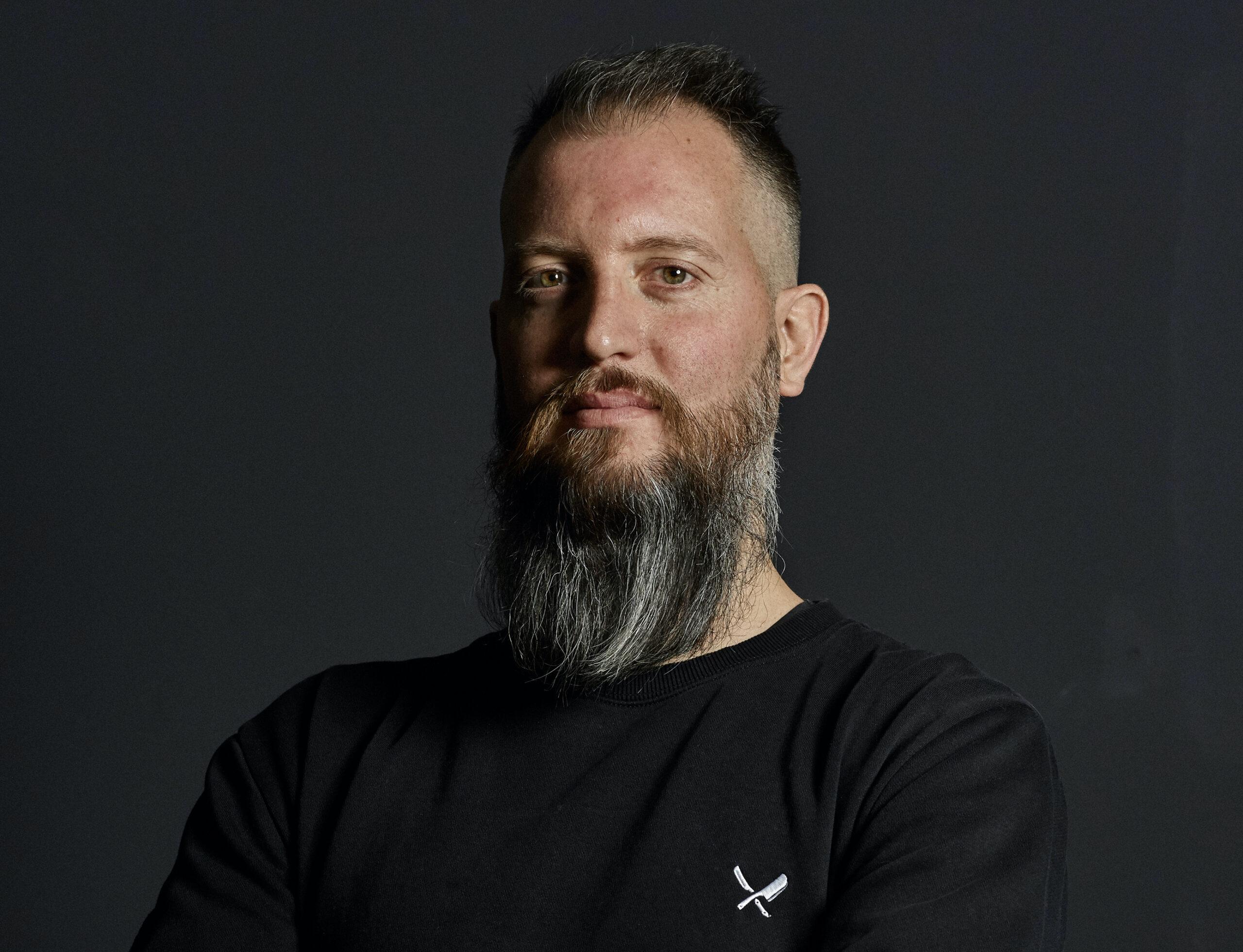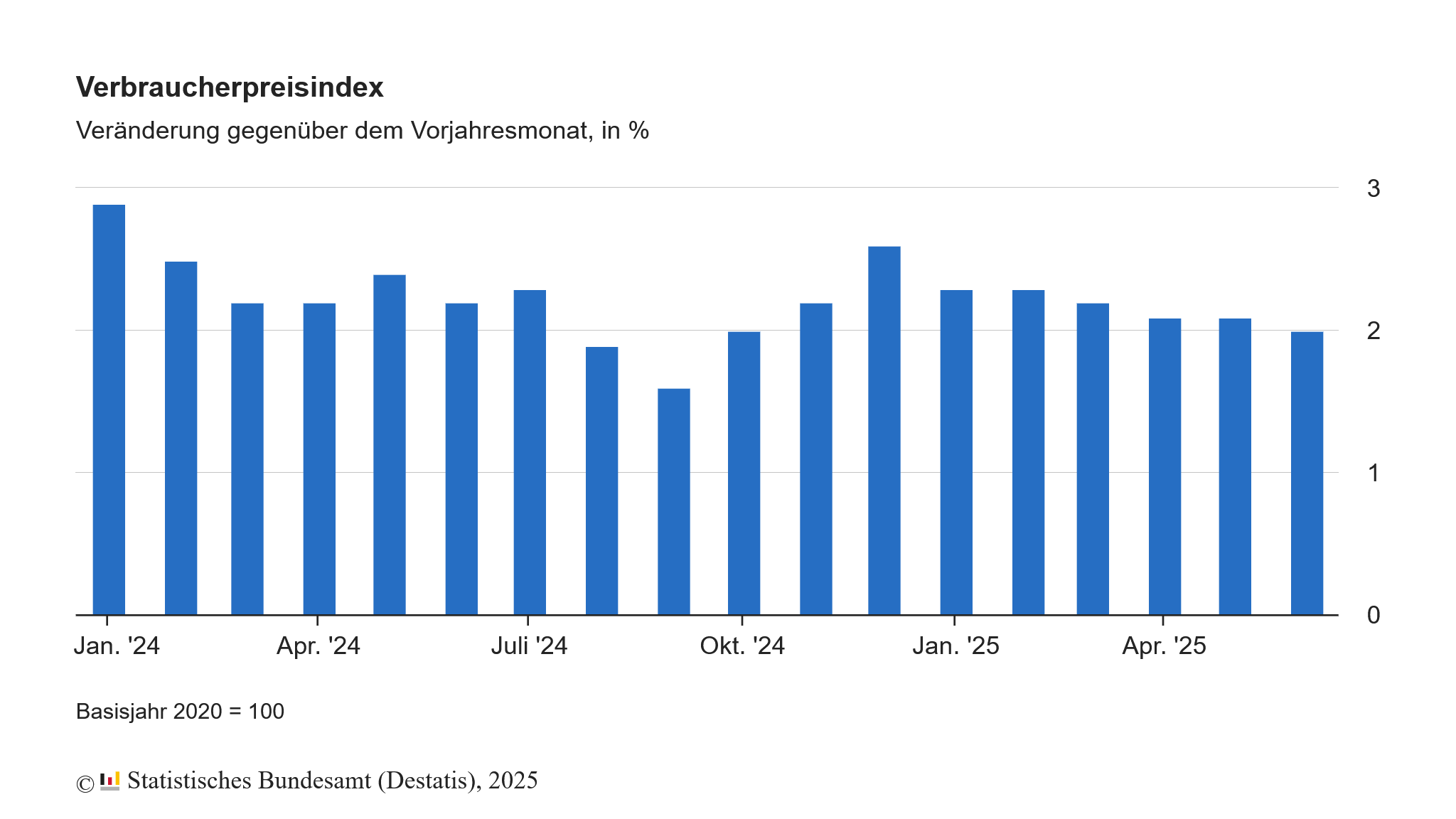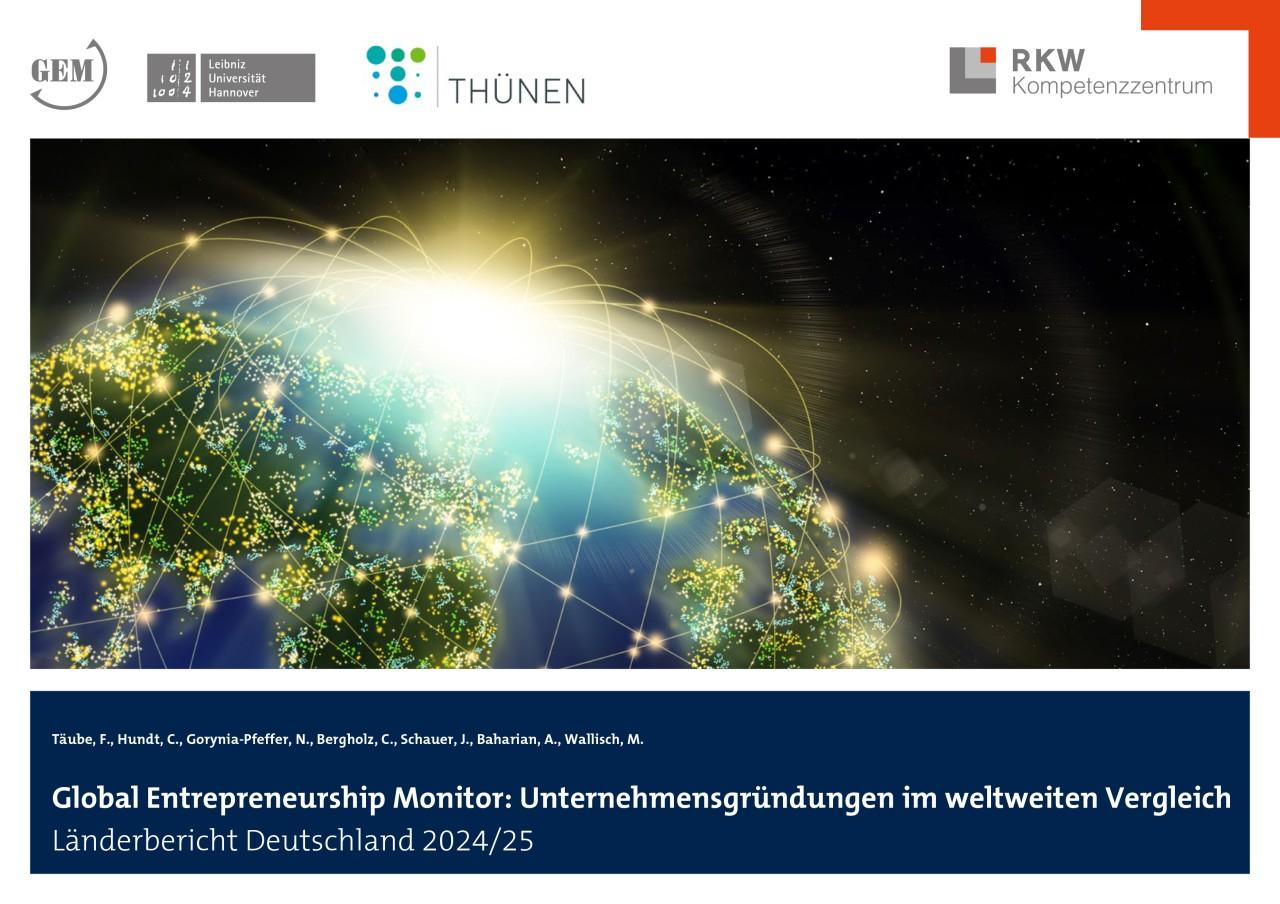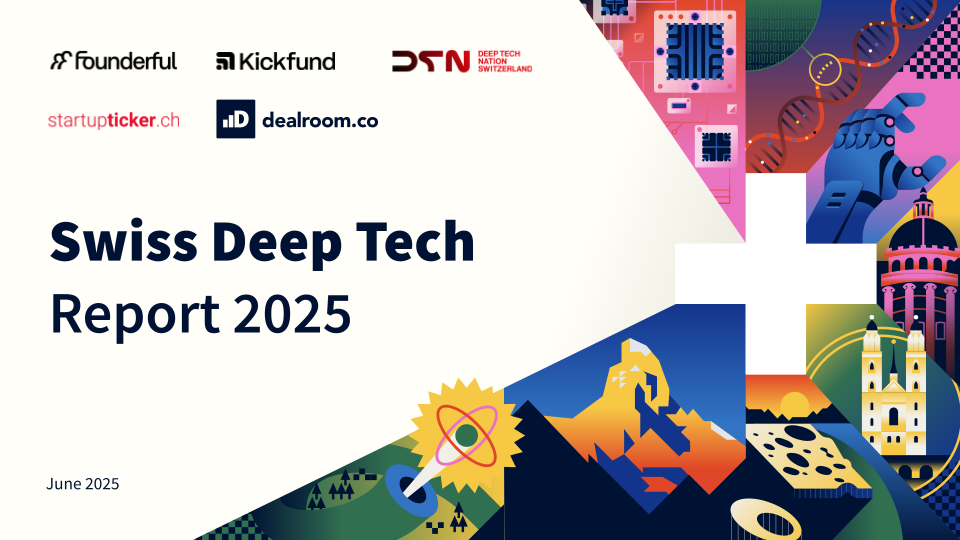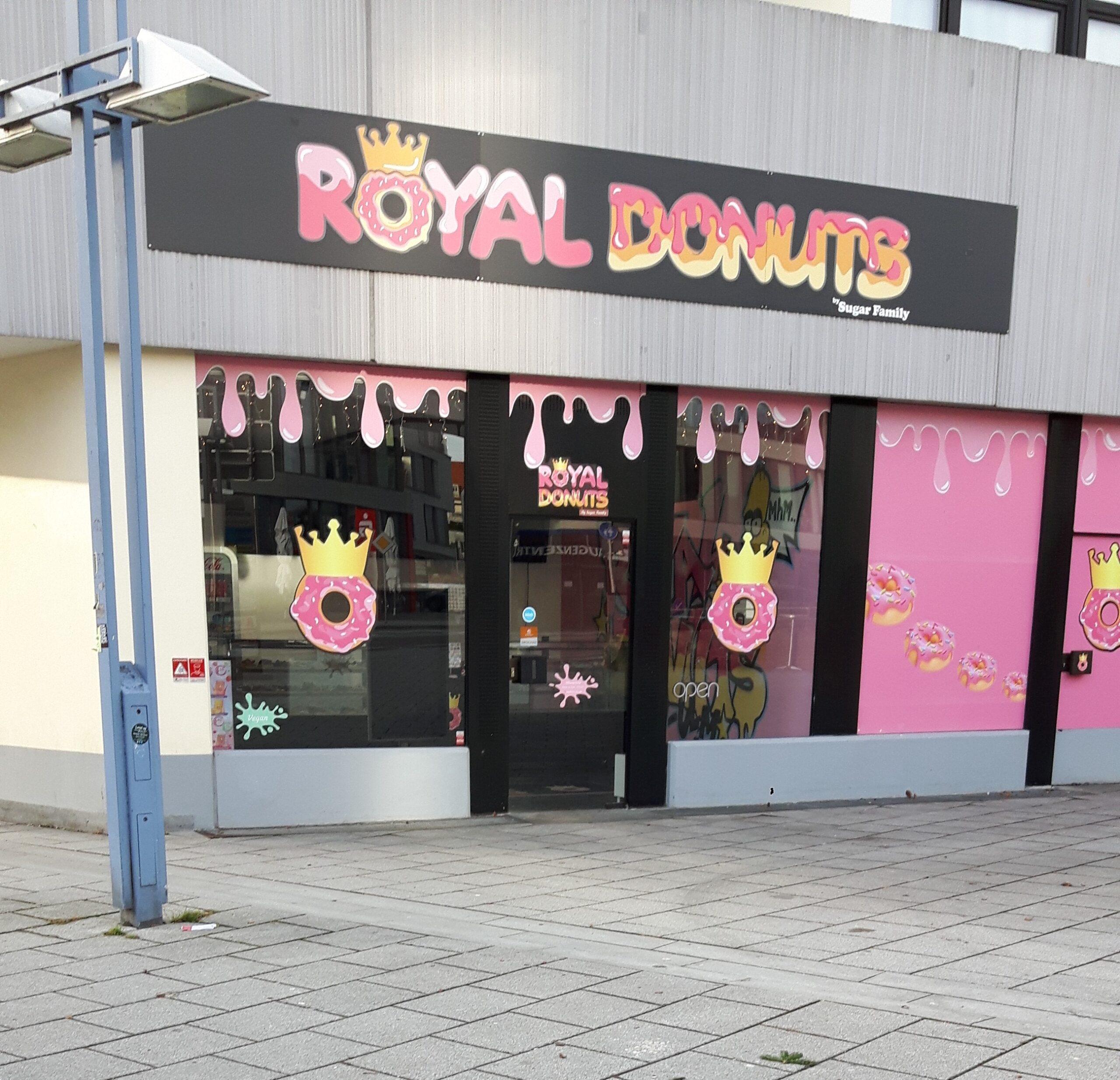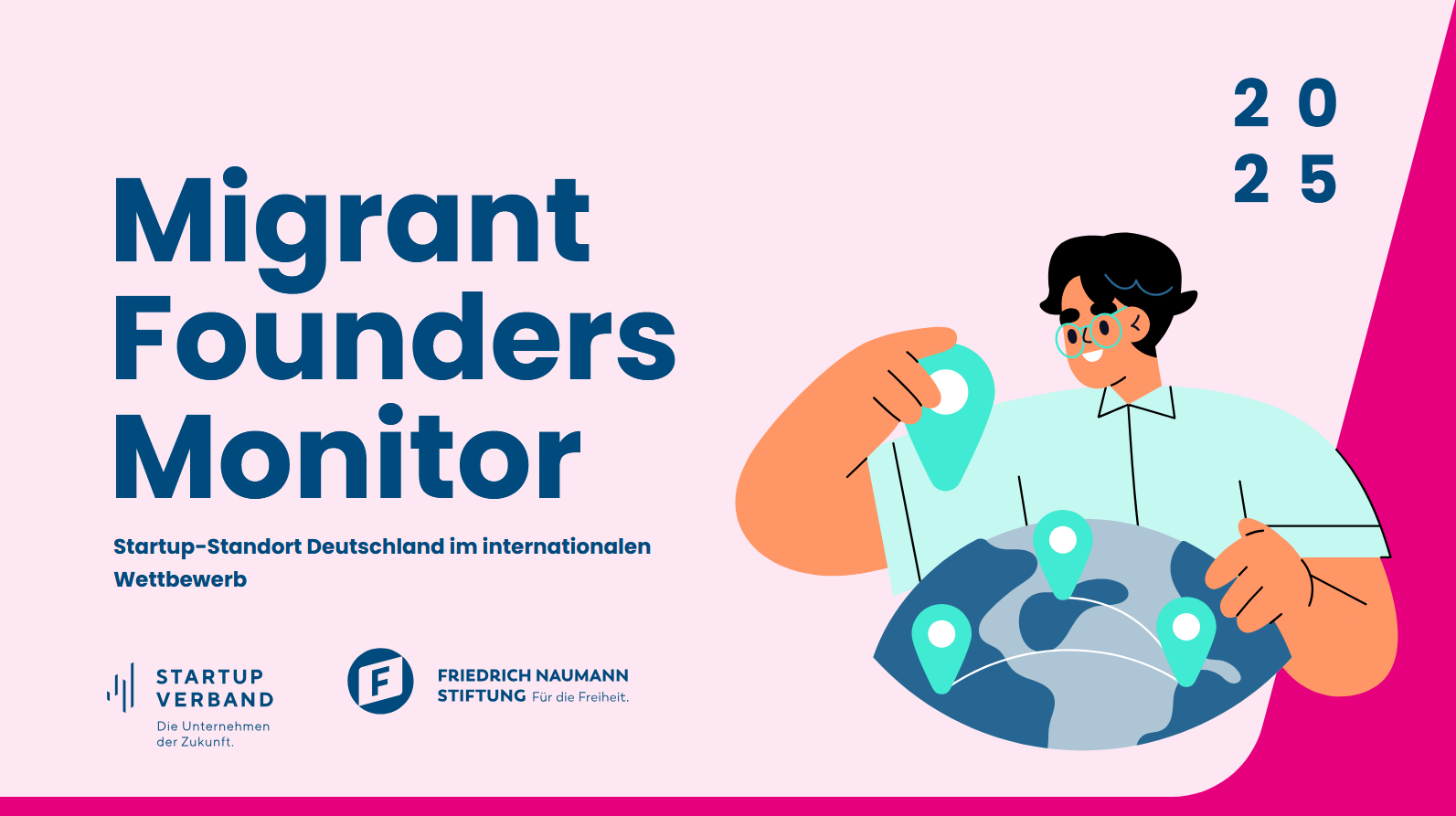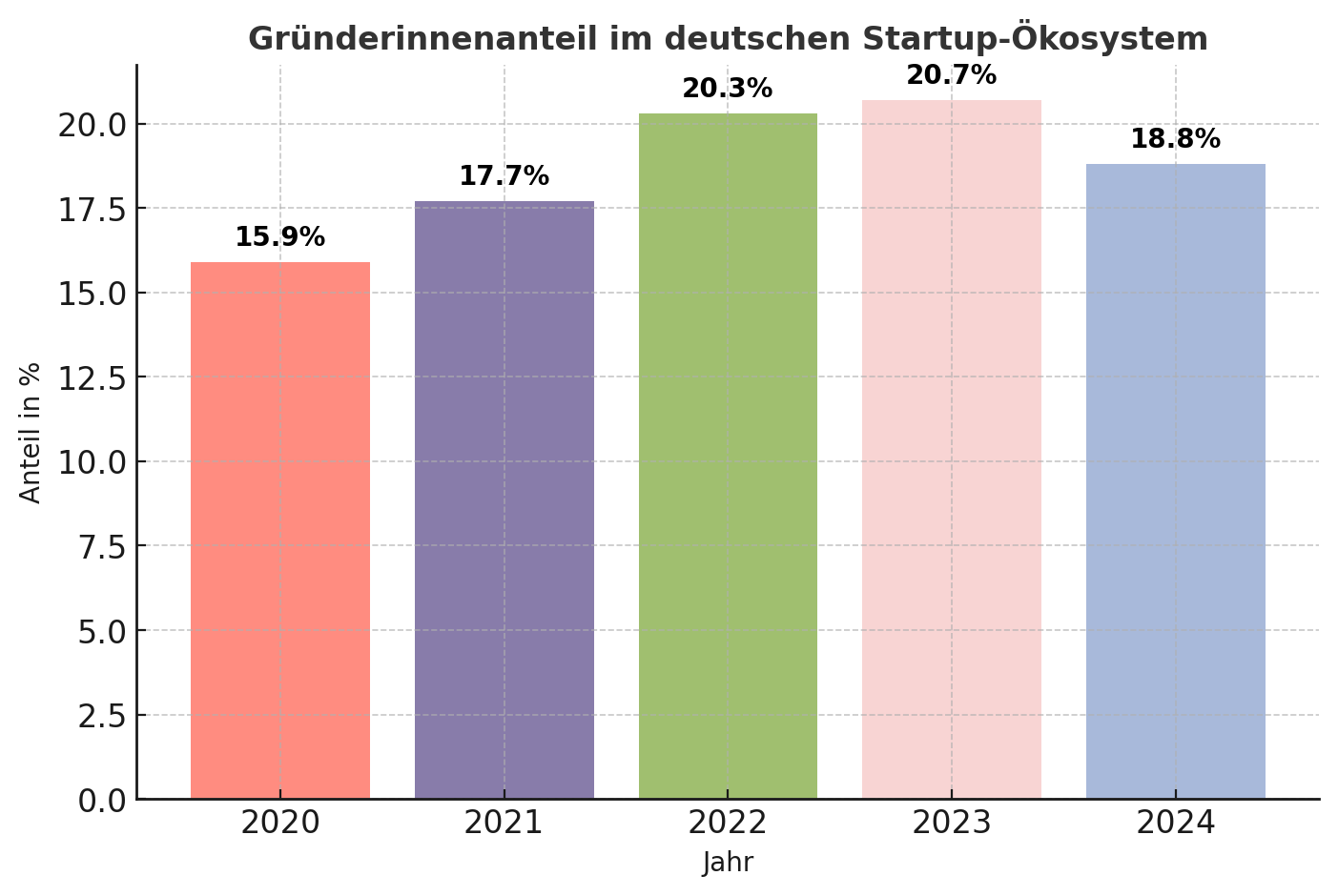How a small start-up has declared war on space debris
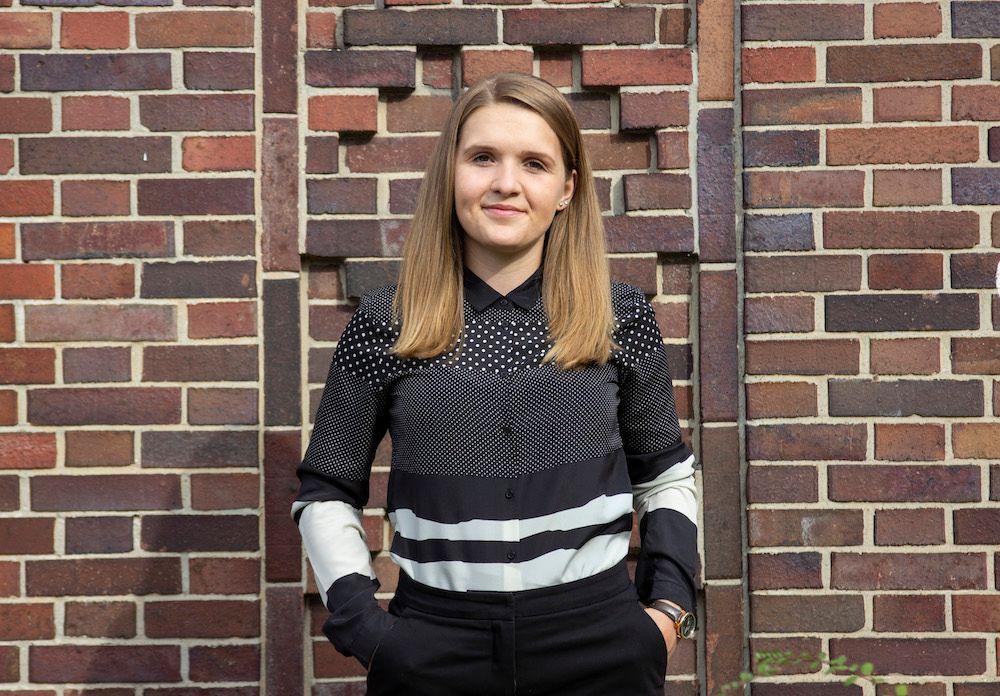
Elon Musk, Jeff Bezos - they all want to launch more and more satellites into orbit over the next few years. However, the satellites will have to share their space with an ever-increasing amount of space debris. The start-up Okapi Orbits has recognized an opportunity in this danger.
More than 13 years ago, about 800 meters above northern Siberia, two satellites collided in orbit. The collision between the US communications satellite Iridium 33 and the 16-year-old Russian reconnaissance satellite Kosmos 2251, which had already been switched off, was so powerful that it tore the two objects into thousands of pieces. They are still floating through space today, posing a great danger to other satellites.
This was the first collision between two satellites orbiting the earth - but not the last. Space debris is becoming an ever greater problem. The space agency ESA speaks of around 34,000 debris objects with a width of at least ten centimetres, plus 128 million objects with a diameter of more than one millimetre. These are all potential hazards for satellites orbiting the Earth.
The start-up's business figures look rather poor
And at the same time a business opportunity for a small start-up from Germany: Okapi Orbits has developed software that predicts when a satellite is in danger of colliding with space debris - and then calculates an evasive maneuver for the satellite. An idea that could pay off: Because more and more satellites are to be launched into orbit in the coming years. SpaceX alone wants to expand a broadband internet connection with 12,000 satellites and Amazon also wants to provide better internet coverage for remote areas with around 3,000 satellites by the end of the year. However, Okapi Orbit's business figures do not reflect this market potential: According to the German Federal Gazette, the start-up was almost 59,000 euros overindebted at the end of the financial year in September 2020.
The start-up therefore needs more investors and more customers if it is to have a chance of holding its own on the market in the long term. The future of Okapi Orbits - and therefore of the universe - is in the hands of Kristina Nikolaus. The 28-year-old co-founder is responsible for the start-up's management, working with customers and raising money from investors. Or as she says herself: "I travel a lot, make a lot of phone calls and juggle numbers."
"Year after year, the amount of scrap in space continues to increase"
Kristina Nikolaus, Okapi Orbits
So far, she has been able to attract several business angels as supporters, such as Ingo Lunge, a member of the supervisory boards of Thyssen Krupp and Eon, and Michael Oxfort, who managed the satellite operator Black Bridge for four years. Okapi Orbits has also built up a good network within the industry and is part of the "New Space Initiative", a funding program of the Federation of German Industries (BDI). However, Nikolaus did not initially find it easy to bring such a technically complex start-up closer to investors. "That's why I focus less on the technical details and more on the benefits when pitching."
The amount of scrap in space is increasing
And this is easy to understand, even for outsiders who only know space through "Star Wars", "2001" and "Star Trek". "Year after year, the amount of debris in space continues to increase," explains Nikolaus. A collision between a satellite and space debris would mean that the satellite would be irrevocably destroyed and would also fly through space as space debris. In this way, it would in turn pose a danger to other satellites. The amount of scrap in space would therefore grow exponentially. "What's more, a satellite is an expensive investment for the operator. If it suffers a total loss, it's like a hotel operator's hotel burning down," says Nikolaus.
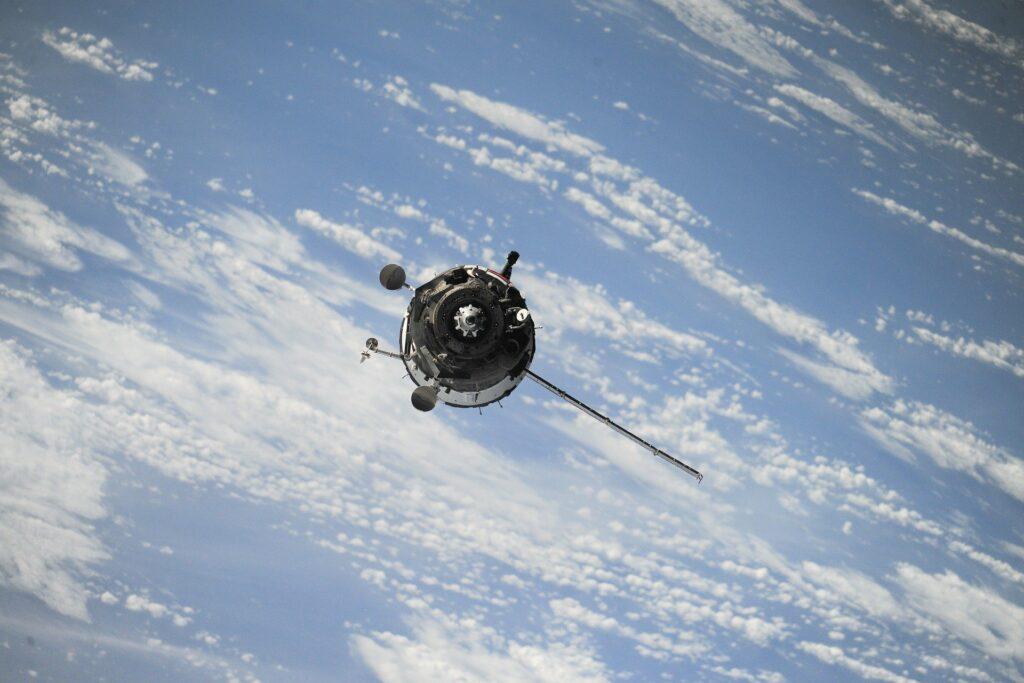
Okapi Orbits wants to help satellite operators protect themselves against this financial risk and therefore sells subscription-based software that uses a huge collection of data from space to predict the probability of a satellite colliding with space debris. If there is a risk, the software calculates an evasive maneuver. The customer can then decide at the click of a mouse whether or not to agree to the maneuver.
The market for Okapi Orbits is smaller companies
"So far, we are relatively alone on the market with this idea," says Kristina Nikolaus. Many satellite operators have previously had to laboriously write their own software. "All customers have to do is install ours, which takes five minutes." Up to now, Okapi Orbit has mainly sold its services to customers who operate smaller satellites. These would be used for earth observation or to exchange data between physical objects, for example.
There is a programming interface between the Okapi Orbits software and the satellites, via which the evasive maneuvers are made possible. "The calculation of these maneuvers is highly complex," says the co-founder. It is possible thanks to the many data points that Okapi Orbits has at its disposal. Some of this space data comes from commercial providers, while some is freely accessible. The Okapi Orbits founders already had access to a lot of the data due to their research at the TU Braunschweig.
"Space has always fascinated me."
Kristina Nikolaus, Okapi Orbits
The university is known for its Faculty of Aerospace Engineering. However, four years ago, Nikolaus was not studying anything to do with satellites or orbits, but management with a technical focus. One day, the then 23-year-old discovered a job advertisement on the university notice board: three aerospace engineers, Christopher Kebschull, Jonas Radtke and Sven Müller, were urgently looking for a fourth team member with business expertise for their company "Okapi Orbits". After all, it was about nothing less than making the fight against space debris appealing to investors.
Nikolaus' interest was piqued. "Space has always fascinated me." The young woman had also had enough of working in large corporations such as Daimler, where she had previously gained experience. She had learned a lot of entrepreneurial skills there. But in a start-up like Okapi Orbits, the structures are much leaner. "I can control processes directly and see what impact my work has on the company and my employees," says Nikolaus.
She is currently responsible for 15 employees - and for the future of a still young start-up with more liabilities than equity. However, the company has certainly made a name for itself since its foundation - also thanks to its proximity to the TU Braunschweig. The university has enabled the founders to network quickly in the industry. Unlike outer space, the industry is not infinitely large, but rather familiar. "The market is not as developed as you might think," says Nikolaus. The start-up has even already exchanged ideas with SpaceX engineers.

Newsletter
Startups, stories and stats from the German startup ecosystem straight to your inbox. Subscribe with 2 clicks. Noice.
LinkedIn ConnectFYI: English edition available
Hello my friend, have you been stranded on the German edition of Startbase? At least your browser tells us, that you do not speak German - so maybe you would like to switch to the English edition instead?
FYI: Deutsche Edition verfügbar
Hallo mein Freund, du befindest dich auf der Englischen Edition der Startbase und laut deinem Browser sprichst du eigentlich auch Deutsch. Magst du die Sprache wechseln?
